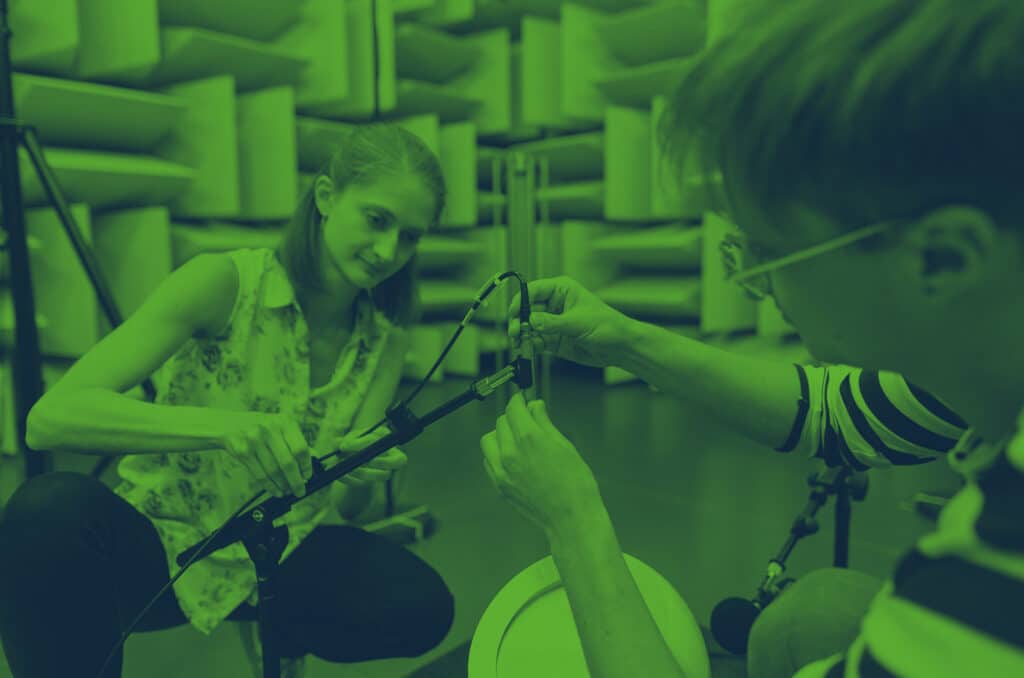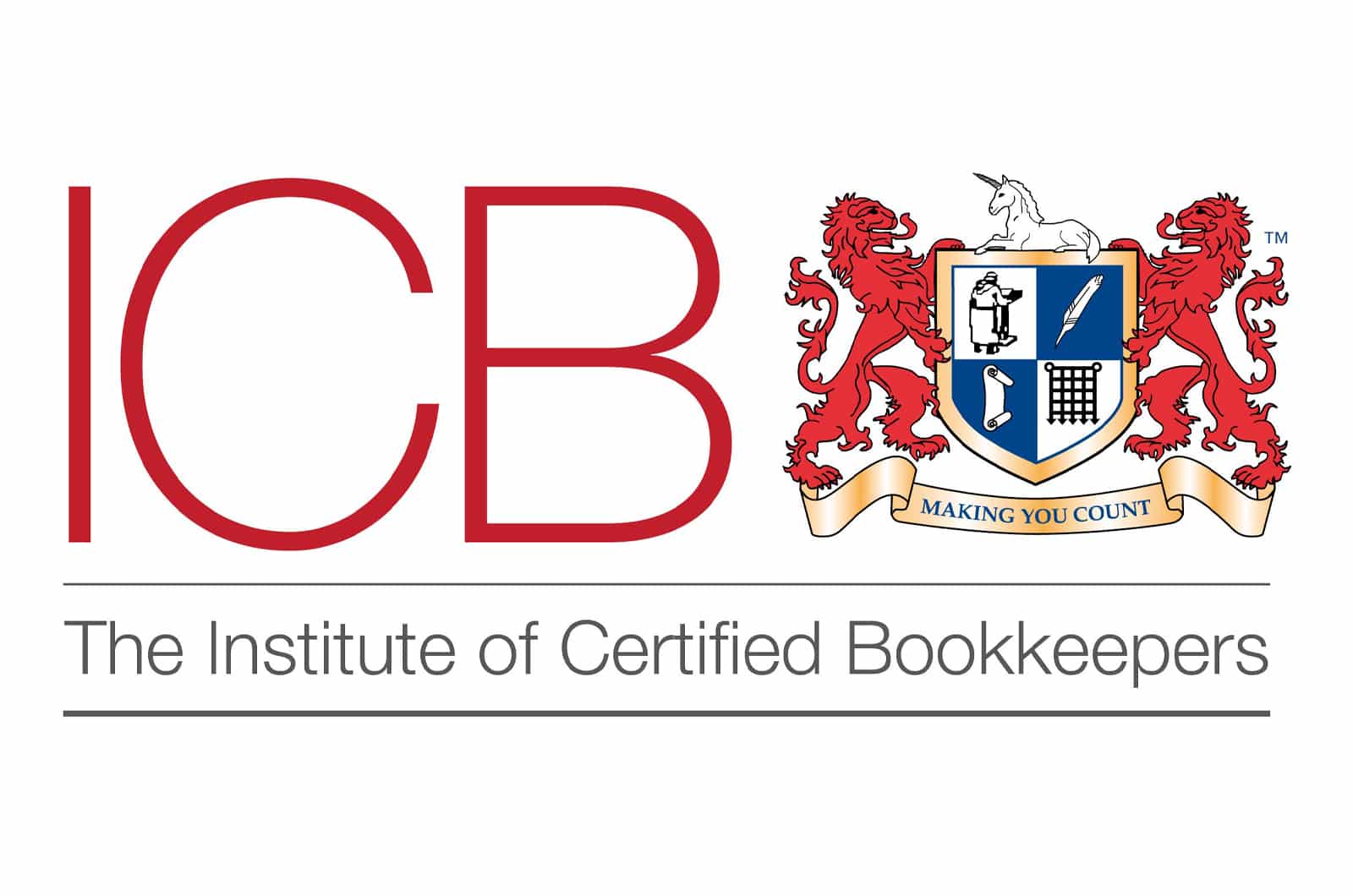Are you looking to level-up your career or take the first steps towards a new profession? Then gaining a vocational qualification could be the best way to realise your ambitions.
In this guide, we’ll take you through the what and the why of vocational learning courses, explaining how they work and the benefits they can offer. From there, you can decide if these practical, work-specific qualifications are right for you.
- What is a Vocational Qualification?
- Why Study a Vocational Course?
- Different Types of Vocational Qualifications
- What Do Vocational Course Levels Mean?
- Which Vocational Qualifications Could Boost Your Career?
What is a Vocational Qualification?
A vocational qualification can help build practical skills in a specific job area. They’re great for those already certain of their future career path, providing a hands-on way to attain key skills and experience.
Vocational courses offer a route into higher education or the workplace; they can also help take your career to the next level. And with qualifications in a huge variety of subject areas, gaining practical skills through a vocational course could be the right step for you.
While vocational qualifications provide a sound alternative to traditional learning avenues, they’re open to anyone at any level. Whether you’ve recently finished school or are seeking a career change; vocational courses are available from Entry Level to Level 8, so there’s plenty of scope to upskill and strengthen your career.

Why Study a Vocational Course?
What are the benefits of vocational learning courses? And why should you consider one? Here, we aim to answer these questions, shining a light on why studying towards a vocational qualification could benefit your career.
Hands-on Learning Experience
If you’re someone who struggles with traditional classroom-based learning, a vocational course allows for a more hands-on and practical experience. While certain courses include some classroom time, many facilitate full applied learning – allowing you to learn on the job.
Relevant Skills in Focused Job Areas
Vocational qualifications are tailored to the needs of the modern workplace, with courses and modules informed by experts across multiple industries. That means you’ll build relevant skills employers want to see, bolstering your CV and giving you the opportunity to level-up your career.
More of What You Enjoy
Vocational courses mean learning practical skills in a highly-focused area. Whether you enjoy hair and beauty, design, accountancy or media, studying towards this type of qualification means you can focus all your time and attention on the things you enjoy and are passionate about.
A Different Path to Getting Qualified
If you’re someone who struggles with exams and essay writing, vocational courses offer an alternative way to gain an industry-recognised qualification. Depending on the course you choose, you may not have to sit any formal written exams at all, instead demonstrating your skills and knowledge through practical assessments and projects.

Next Steps and Future Opportunities
Vocational courses can be viewed as overly specific, leaving you with little option other than to get a job within your field of study. But there are lots of other routes to go down after gaining a vocational qualification, whether that’s the workplace, an apprenticeship, higher education, or a formal training programme.
Flexibility
Many vocational courses are flexible, with different options to suit your schedule and commitments. Choose to complete a course on a full-time or part-time basis, either on-site or remotely. Such flexibility is ideal for those looking to train alongside their day-to-day job, or while taking care of family members.
Different Types of Vocational Qualifications
Vocational courses are available at all levels and cover a huge variety of subjects. Let’s take a look at some of the courses available and the qualifications you can attain through vocational learning.
Job-Specific Courses
Among the most common types of vocational learning, job-specific courses allow you to build industry-recognised skills in key areas, whether it’s beauty therapy, counselling, or health and social care. Such courses give you the chance to gain a qualification from Entry Level to Level 8, with a huge mix of individual courses and modules to help you branch out and expand your skillset.
Applied General Qualifications
Applied General Qualifications, like a BTEC, are similar to job-specific courses but offer a slightly more generalised learning experience. For this reason, they suit a handful of different jobs and sectors, giving you a broad range of skills to put on your CV. Applied General Qualifications also comprise of more classroom-based learning than job-specific courses, study which usually takes place remotely or at a further education college.

Apprenticeships
Apprenticeships can be a hugely valuable form of vocational learning for those with a clear idea of their career path. Guaranteeing on-the-job learning and the opportunity to earn money while you train, apprenticeships are becoming more and more popular for young people seeking an alternate route into the workplace. Apprenticeships are available in a surprisingly broad range of subjects, from traditional areas like plumbing to media and the arts.
T Levels
Having recognised the growing demand for vocational learning, the government introduced T level qualifications in 2020. Equivalent to an A-level, these qualifications are offered in vocational subject areas, including human resources, engineering, on-site construction, and legal. The great thing about T levels is that they allow you to access university courses as well as higher-level apprenticeships, so you can move ahead with your career.
What Do Vocational Course Levels Mean?
We’ve all heard of Level 2, Level 3 and Level 4 qualifications (and so on), but what do these vocational learning course levels mean? And how do they compare to other industry-recognised qualifications and certificates?
- Entry Level – for absolute beginners, with no prior knowledge or experience in a particular field of study.
- Level 1 – again, for beginners, but offering a greater level of understanding and skill-building than Entry Level courses. Equivalent to GCSE grades three to one (D to G) or a foundation GNVQ.
- Level 2 – offering knowledge and experience in a specific area. Equivalent to GCSE grades nine to four (A*-C), an intermediate GNVQ, or a first-class BTEC certificate.
- Level 3 – complex work and skill-building, as well as some supervisory development. Equivalent to an A-level, BTEC National, or an ONC (Ordinary National Certificate).
- Level 4 – best suited for junior managerial personnel, with experience in a supervisory role. Equivalent to an undergraduate degree or a full technical BTEC diploma.
- Level 5 – the same as Level 4 but with a greater emphasis on technical and managerial skills. Again, equivalent to an undergraduate degree.
- Level 6 – suited to senior managerial personnel seeking associateship in a key field of study. Equivalent to a graduate degree.
- Level 7 – similar to Level 6, though equivalent to a postgraduate degree. Masters’ level accreditation.
- Level 8 – the highest vocational qualification available, equivalent to a doctoral fellowship.
While understanding the different vocational qualification levels can help plan your career path, most professionals may never need to attain qualifications beyond Level 3 or Level 4. It all depends on your industry and career aspirations.
Which Vocational Qualifications Could Boost Your Career?
Whether you’re fresh from school or seeking a career change, vocational qualifications can give your career prospects a significant boost. The practical, skills-focused nature of these courses means your CV will be oven-ready for the workplace, whatever your aspirations and career path.
But which careers are the easiest to access via a vocational qualification? And what sort of training timeframe are you looking at before being able to make your next career move?
Of course, this depends on the course you choose and the career you’ve set your sights on. But a vocational course can mean landing that dream job within a year or two – with a skills-based, applied learning approach helping you build skills and workplace acumen more rapidly than traditional qualifications.

For example, say you wanted to become a bookkeeper an ICB accredited vocational qualification could see you handling a business’ books within a couple of years. The same goes for lots of other careers too, including personal training, mortgage advice and becoming a teaching assistant.
And best of all? Many distance learning courses require only remote study, so you can learn at home at your own pace.
So, if you’re looking for a career change or the first step towards that dream job, be sure to consider vocational qualifications. They could be just the thing to transform your career and help you land your perfect role.
Looking to take the next step in your career and earn a vocational qualification? At Oxbridge, we offer a wide range of training courses to help you achieve your ambitions. For more information or to browse our complete course range, visit the homepage or call our expert team today on 0121 630 3000.
